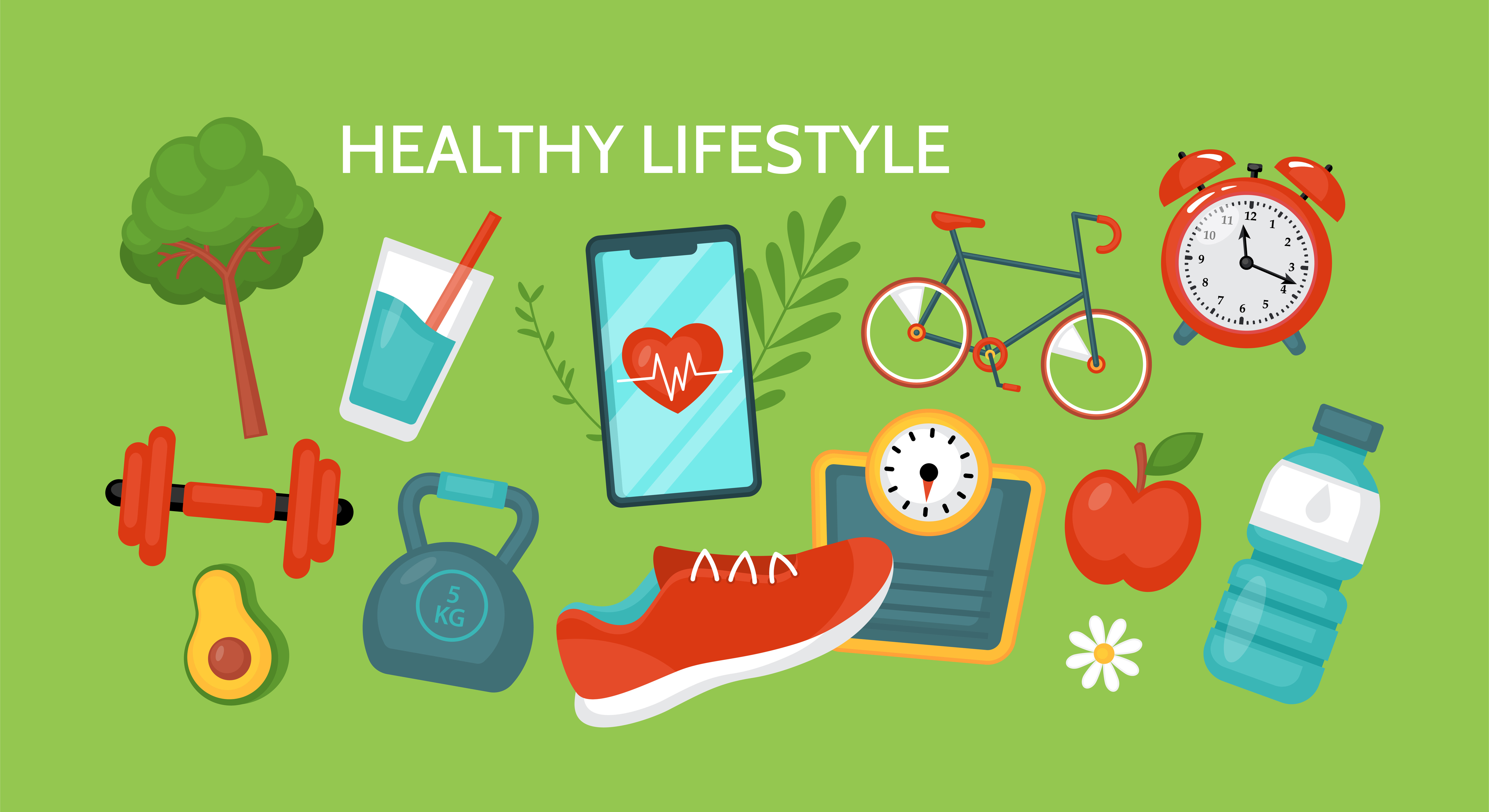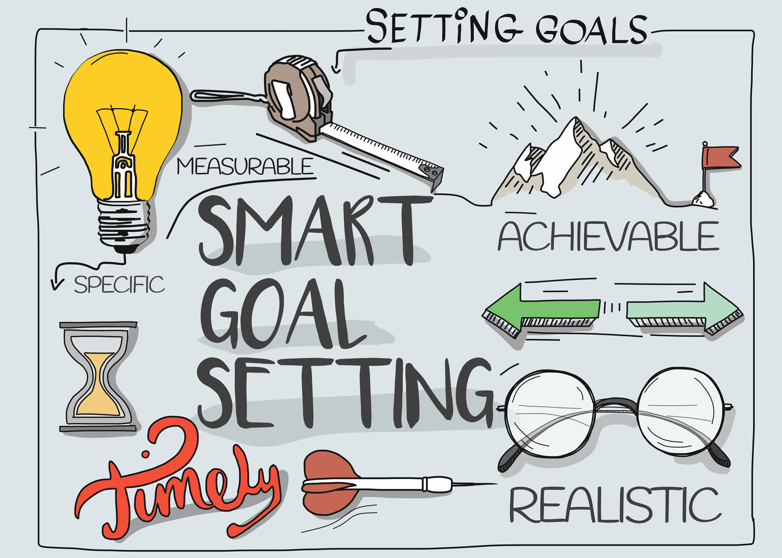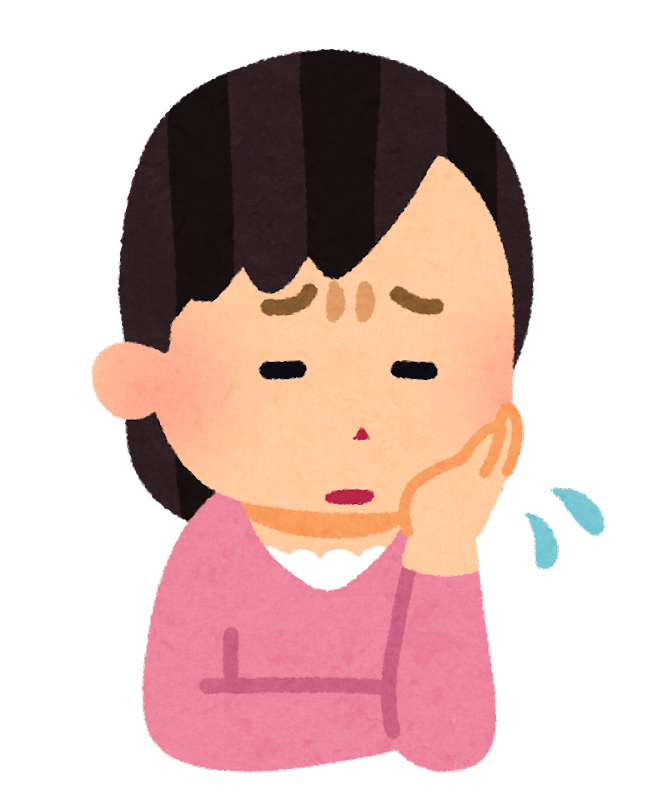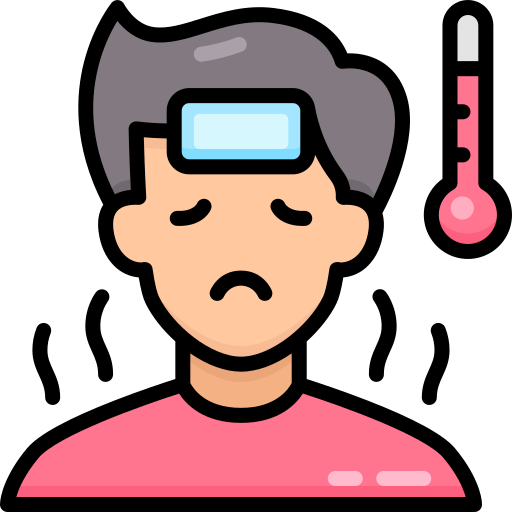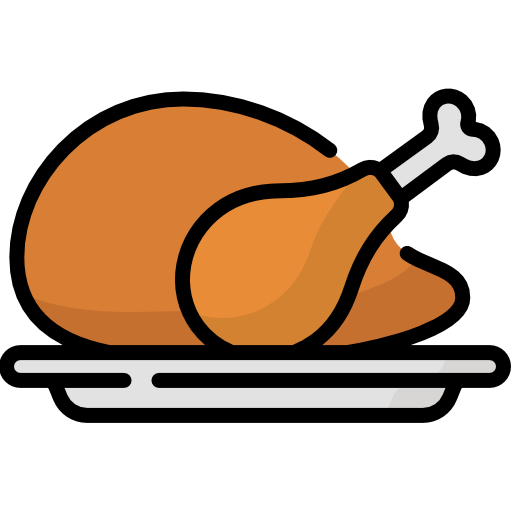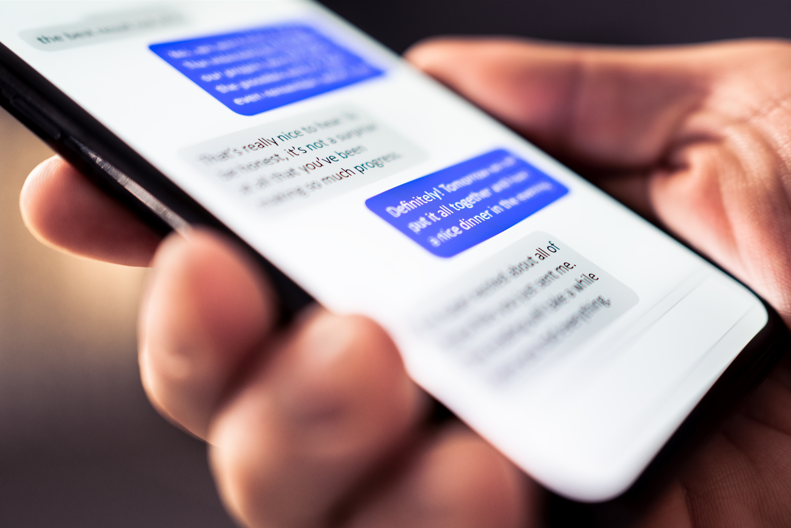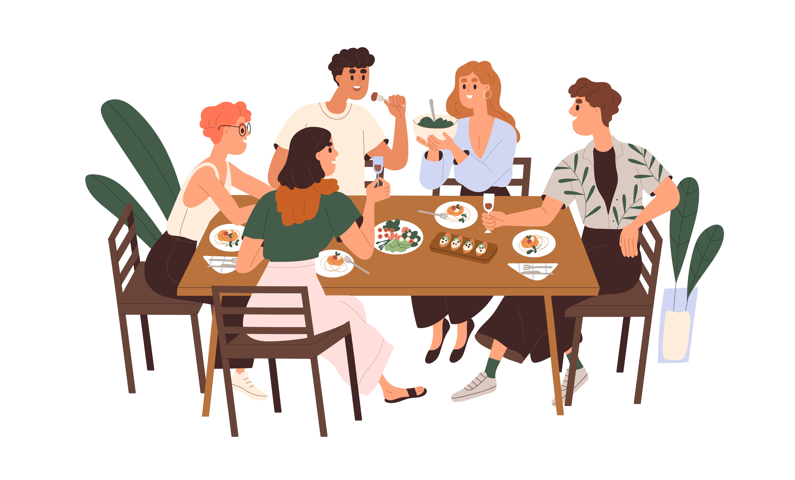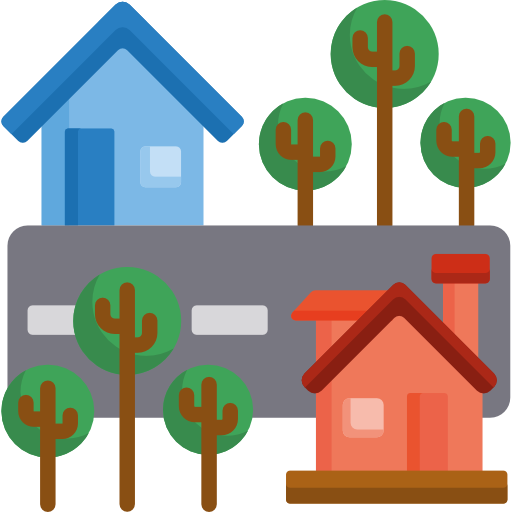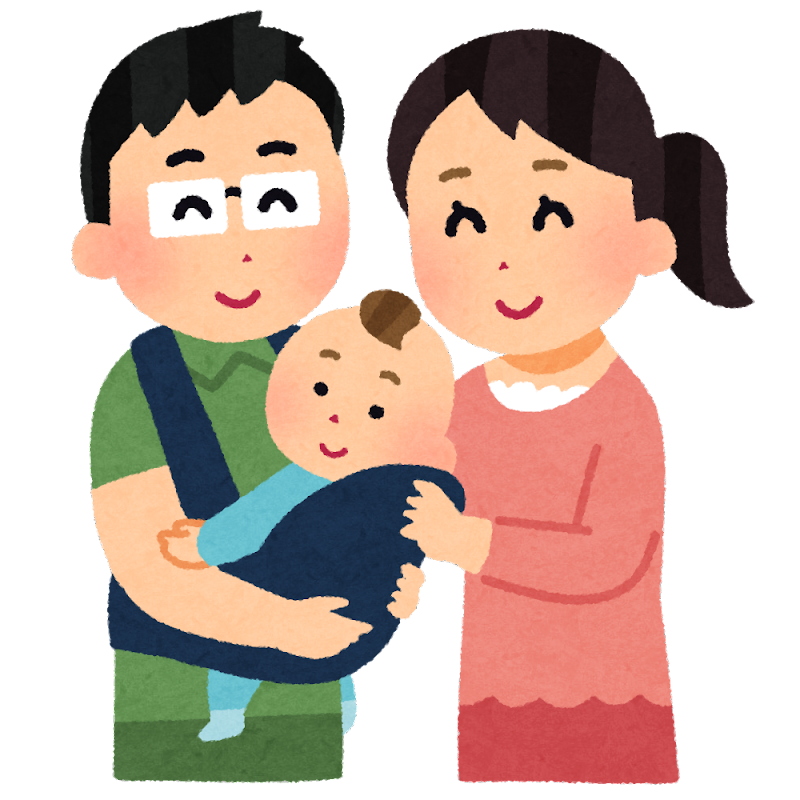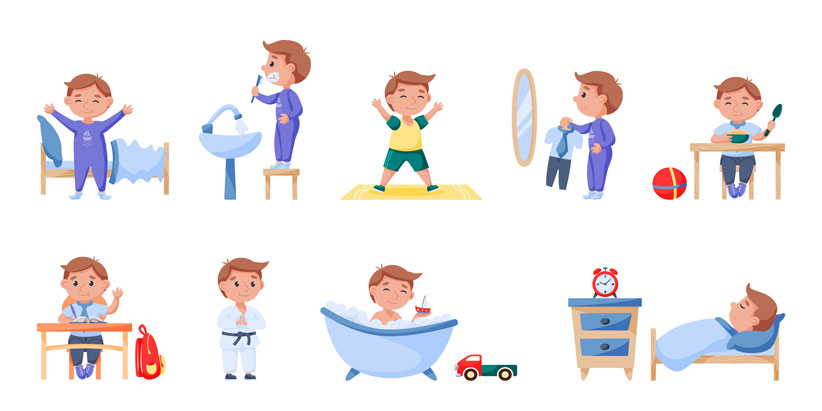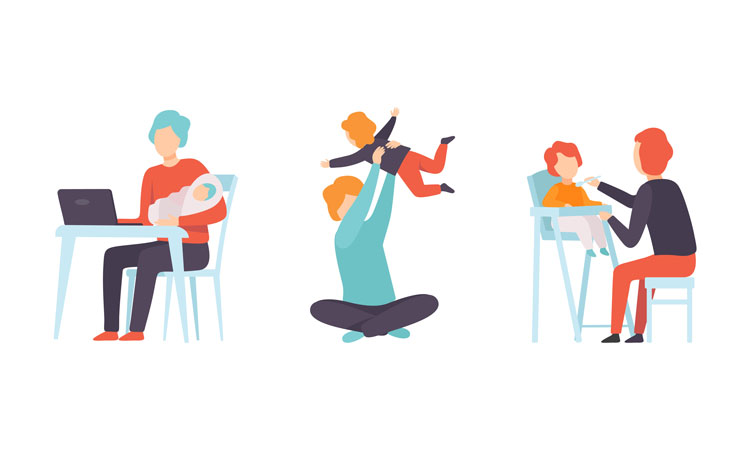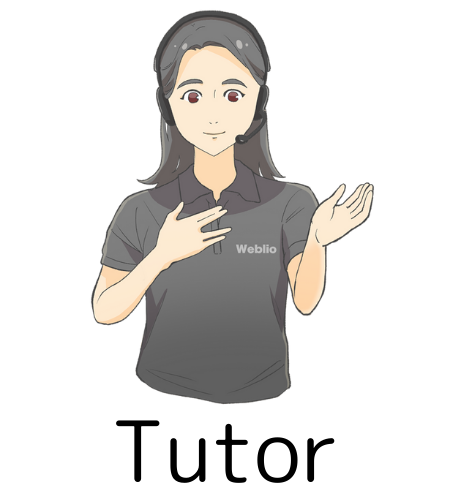
We will talk about “Fashion” for today.

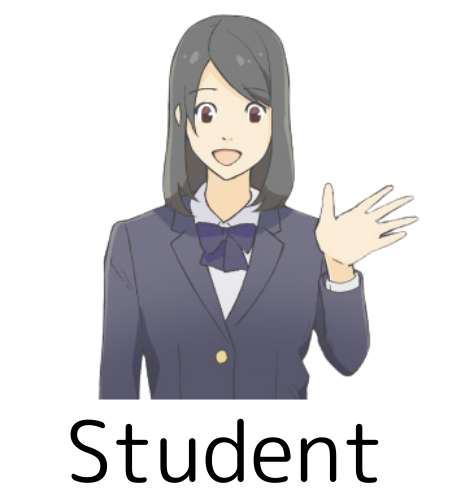
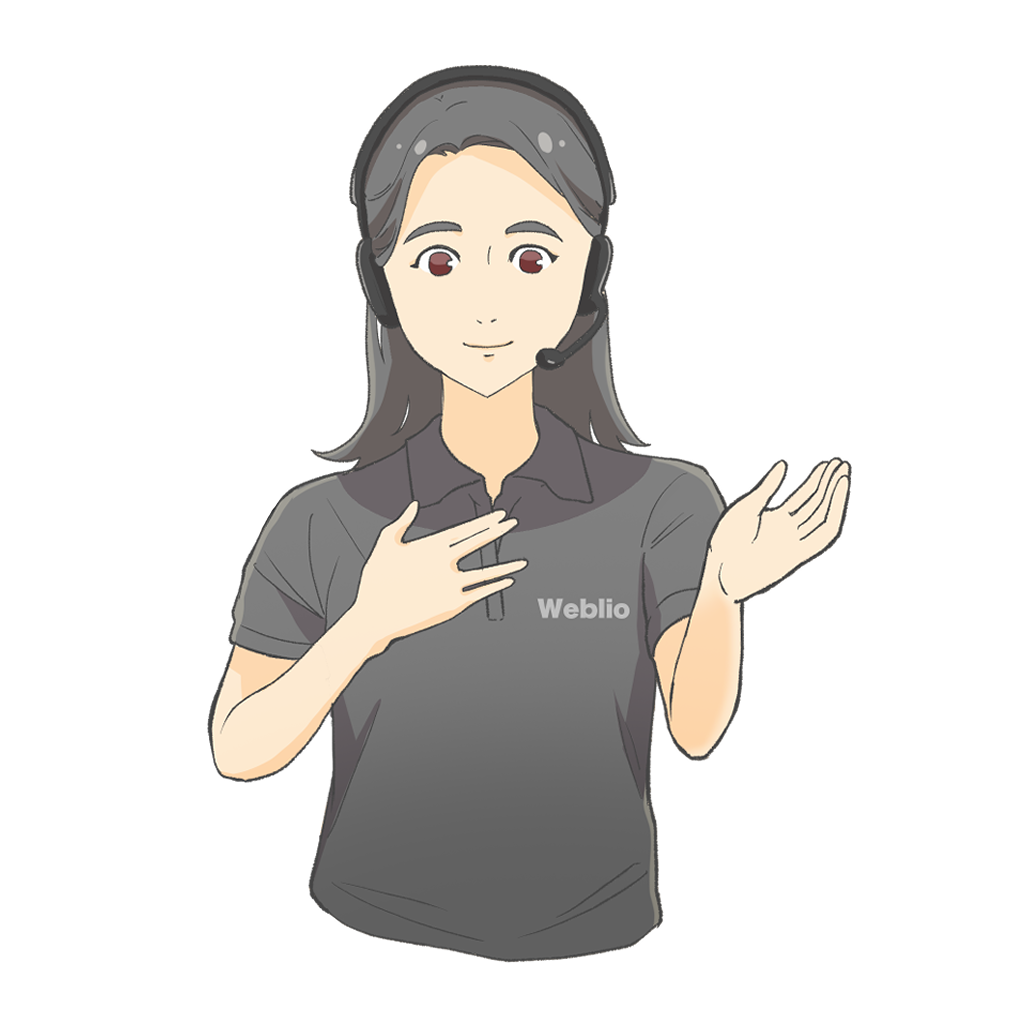
| 1. | Where do you live? |
| 2. | What do you like to do in your free time? |
| 3. | Why do you like doing it? |
| 4. | What kind of fashion do you like? |
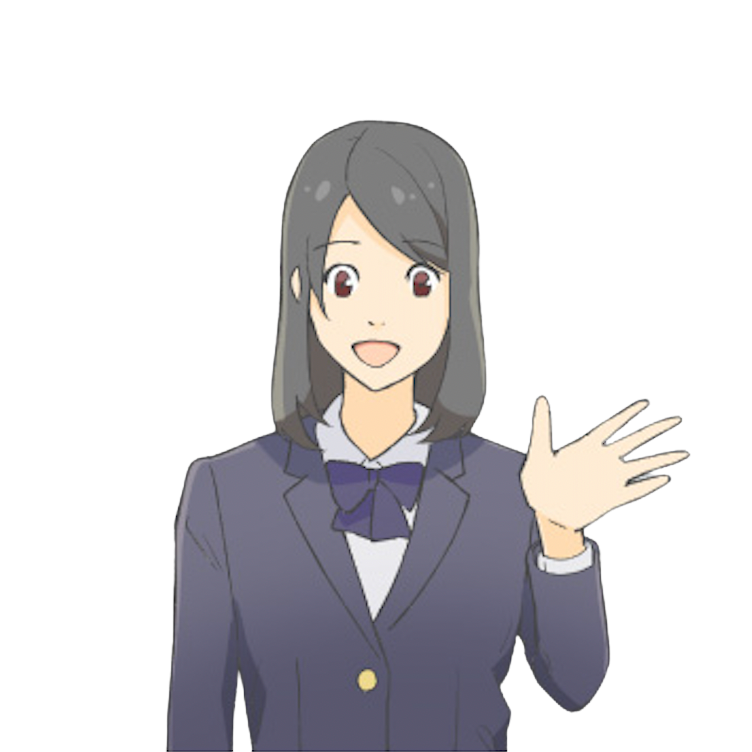

| My tutor’s name is | |








|
Sample question:
|
Some people say that walking is good for one’s health. Do you agree with that idea? |
|
Sample answer (agree):
|
I agree that walking is good for one’s health. I have several reasons for this. First, it reduces the risk of diseases. Some examples are heart attack, stroke, and high blood pressure. Second, some studies say that physical exercise can reduce stress. This helps us sleep better and be in a good mood. So, I agree that walking is good for our health. |


Give at least one reason to support your opinion. You have one minute to prepare and one minute to answer.

| Topic: | Some argue that buying used clothes is preferable to buying new clothes. What do you think about this? | |
| Answer: | I agree |


ex. Why do you think so?
If you were in this situation, what would you do? etc.)
| Answer: |


| Topic: | Some argue that buying used clothes is preferable to buying new clothes. What do you think about this? | |
| Answer: | I disagree |


ex. Why do you think so?
If you were in this situation, what would you do? etc.)
| Answer: |





| Situation: | You’re a teacher, and you’re having a conversation with other teachers about school uniforms. |
| Student’s role: | You agree that students should be allowed to wear their own clothes. |
| Tutor’s role: | You disagree that students should be allowed to wear their own clothes. |


– What do you think about the idea that wearing school uniforms can save money?
– Do you believe that school uniforms make it difficult for students to express themselves?




| Opening | In my opinion, _______________________________. |
| Body | There are two reasons why I think so. ①______________________________. ②______________________________. |
| Closing | In conclusion, __________________________. Thank you for listening. |




Accuracy
-The usage of the grammar is correct.
Intonation and pronunciation
-The pronunciation of words is correct.
-The intonation is correct depending on the type of sentence (declarative or interrogative).
Speaking pace
-The speaking pace is appropriate. (neither too fast nor too slow)
-The pauses are placed appropriately (at independent clauses, lists, the ends of sentences, etc.).
Facial expressions
-The facial expressions are appropriate.
Sentence construction
-The sentence construction is clear to understand.
Good examples are provided
-The examples are provided effectively to support the opinion.

Please choose “good,” “fair,” or “poor” for each.
 GOOD |
 FAIR |
 POOR |
|
|---|---|---|---|
| Vocabulary | |||
| Intonation | |||
| Fluency |




| 1. | What kind of clothes do you usually wear? What type of fashion do you want to try? |
| 2. | What kind of hairstyles do you like? What hairstyles do you want to try? |
| 3. | How often do you go shopping? Who do you go with? |
| Answer: |







